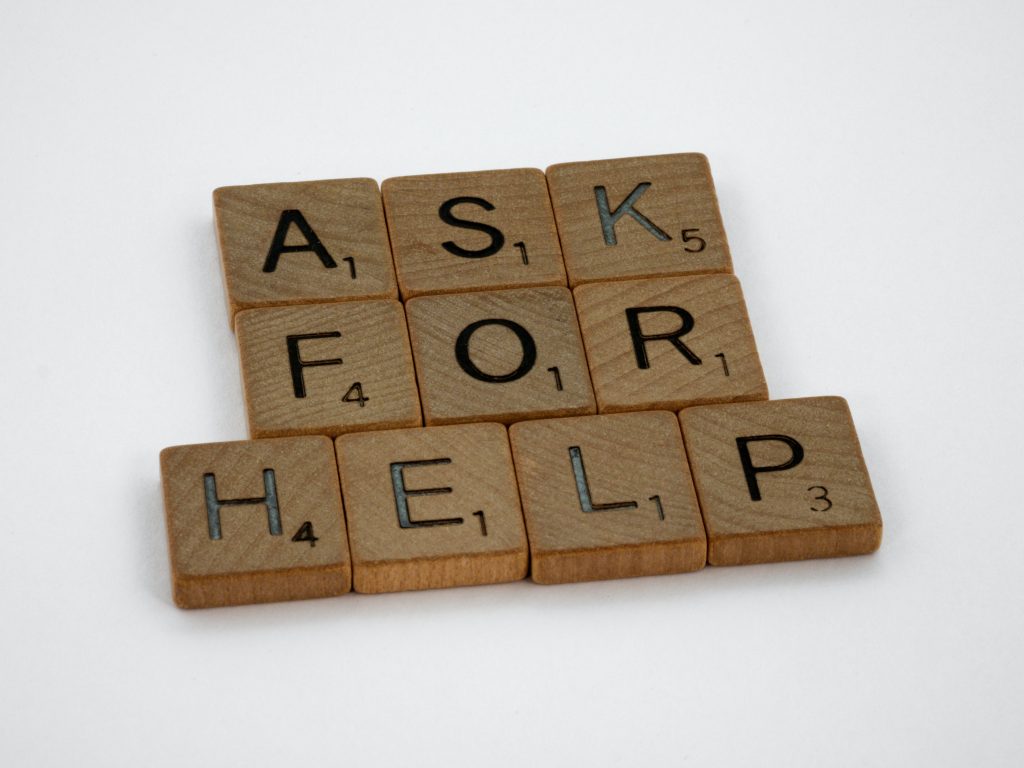The damages and recovery from alcoholism
What are the psychological effects of alcoholism?
Alcoholism, also known as alcohol use disorder (AUD), can have a range of psychological effects on individuals who suffer from it.
As John Green put it: “Talking to a drunk person was like talking to an extremely happy, severely brain-damaged three-year-old.”
Here are some common psychological effects:
Depression and anxiety: Alcoholism can cause or worsen depression and anxiety symptoms.
Mood swings: Individuals with AUD can experience intense mood swings, from feeling happy and confident to angry, irritable, and depressed.
Cognitive impairment: Drinking too much alcohol over a long period can cause memory loss, trouble making decisions, and impaired judgment.
Insomnia: Alcoholism can disrupt sleep patterns and cause insomnia.
Psychosis: Chronic alcohol use can result in psychosis, including hallucinations, delusions, and paranoia.
Increased risk of suicide: Individuals with AUD are at a higher risk of suicide.
Social isolation: Alcoholism can lead to social isolation and strained relationships with friends and family.
Increased aggression and violence:Drinking alcohol can make people more aggressive and violent, especially if they are already aggressive.
Personality changes: Chronic alcohol use can cause personality changes, such as becoming more withdrawn, apathetic, or impulsive.
Alcoholism is a chronic disease that gets worse over time. It can lead to addiction, which can be hard to beat without professional help.
Not everyone with AUD will have these psychological effects, and each person’s severity and combination of effects will differ.
Why do alcoholics deny their problems?
No, denial is not a river in Egypt!
Denial is common among individuals with alcohol use disorder (AUD). It can be difficult for someone with AUD to acknowledge the extent of their drinking problem, even when it’s apparent to those around them. There are several reasons why alcoholics may deny their problems, including:
Stigma:Alcoholism is often seen as bad, so people with AUD may worry that others will judge or avoid them.
Shame and guilt: Individuals with AUD may feel ashamed and guilty about their drinking, and denial can be a way to avoid these uncomfortable feelings.
Addiction: Addiction can be a powerful force that can lead individuals to deny their problem and continue to drink, even when they want to stop.
Lack of insight: Some individuals with AUD may not recognize the extent of their problem or its impact on their life and relationships.
Rationalization:People who drink too much may try to justify it by downplaying its harmful effects, blaming others for their problems, or thinking they can control their drinking.
Fear of change: Recovery from AUD requires significant changes in lifestyle and behaviour, which can be intimidating and overwhelming for some individuals.
It’s important to note that denial can be a significant barrier to getting help for AUD. It can be tricky to get someone to go to treatment for alcoholism, so it’s important to approach the subject with empathy and understanding. People with AUD can learn to accept themselves and get better with the help of a therapist or an addiction specialist.
How can a therapist help break the denial of an alcoholic?
Breaking through an alcoholic’s denial can be tricky, but a therapist can help get people to admit they have a drinking problem and work on it.
Here are some ways a therapist can help break the denial of an alcoholic:
Setting up a safe and non-judgmental space:A therapist can set up a safe space where people with AUD can talk about their drinking habits without worrying about being judged or criticized.
Educating:A therapist can teach a person with AUD about the effects of drinking too much, the risks of continuing to drink, and the benefits of treatment.
Assessing:A therapist can use validated screening tools to determine how bad the person’s drinking problem is and if they have any other mental or physical health problems.
Encourage self-reflection: A therapist can help someone with AUD think about how their drinking habits have affected their lives and relationships.
Challenging rationalizations: A therapist can help individuals with AUD recognize and challenge rationalizations they may use to justify their drinking, such as “I only drink on weekends” or “I can stop drinking anytime I want.”
Exploring underlying problems:A therapist can help someone with AUD look into any emotional or mental issues that may be causing them to drink too much.
Support and resources:A therapist can help someone with AUD and put them in touch with resources like support groups, treatment programs, and other health care professionals.
It’s important to note that breaking through an alcoholic’s denial can be a delicate process that requires patience, empathy, and understanding. A therapist should approach the subject with care and sensitivity and work collaboratively with the individual to develop a treatment plan that works for them.

What therapy is recommended after detox from alcohol?
As part of a comprehensive treatment plan for alcoholism, several types of therapy may be suggested after detoxing. Here are a few examples:
Cognitive Behavioral Therapy (CBT): CBT is a type of therapy that focuses on identifying and changing negative patterns of thought and behaviour. It can be particularly effective in helping individuals with AUD recognize and modify triggers and behaviours contributing to their drinking.
Motivational Interviewing (MI): MI is a therapy that aims to help individuals with AUD find the motivation to change their drinking habits. It focuses on building intrinsic motivation and confidence in an individual’s ability to change.
Dialectical Behavioral Therapy (DBT): DBT is a type of therapy that combines cognitive-behavioural techniques with mindfulness and acceptance-based strategies. It can be particularly effective in helping individuals with AUD manage intense emotions and improve interpersonal relationships.
Family Therapy: Family therapy can be beneficial in addressing the impact of AUD on family dynamics, improving communication, and developing healthy coping mechanisms for family members.
Group therapy:People with AUD can get help and support from a trained therapist in a group setting, where they can talk to other people going through similar problems and get advice and support.
It’s important to note that the type of therapy recommended may depend on the individual’s specific needs, preferences, and treatment goals. A complete treatment plan for alcoholism usually includes therapy, medication (if needed), and support services to help the person get better and stay better.

How helpful is remote therapy for the ongoing recovery from alcoholism?
Remote therapy, teletherapy or online therapy can be useful options for individuals recovering from alcoholism. Here are some of the potential benefits of remote therapy for alcoholism:
Accessibility:Remote therapy lets people get treatment from the comfort of their own homes. This can be especially helpful for people who need help getting around or live in areas without many treatment options.
Flexibility: Remote therapy can be more flexible than in-person therapy, as individuals can schedule sessions at times that are convenient for them and can often choose between video, phone, or text-based sessions.
Privacy: Remote therapy offers increased privacy and anonymity, which can be particularly beneficial for individuals who may feel uncomfortable attending in-person therapy or live in small communities where stigma around addiction is common.
Continuity of care: Remote therapy can provide continuity of care, allowing individuals to continue receiving treatment even if they move to a different location or cannot attend in-person sessions for any reason.
Evidence-based effectiveness: Several studies have found that remote therapy can be as effective as in-person therapy for treating addiction and mental health conditions, including alcoholism.
However, it’s important to note that remote therapy may not be appropriate for everyone, especially those who require more intensive or specialized treatment. Also, some people might find it hard to do therapy without the face-to-face connection that comes with in-person sessions.
If you or a loved one is struggling with alcoholism, call Freephone 0800 140 4044
Freephone: 0800 140 4044
Local rate: 0300 330 3040



